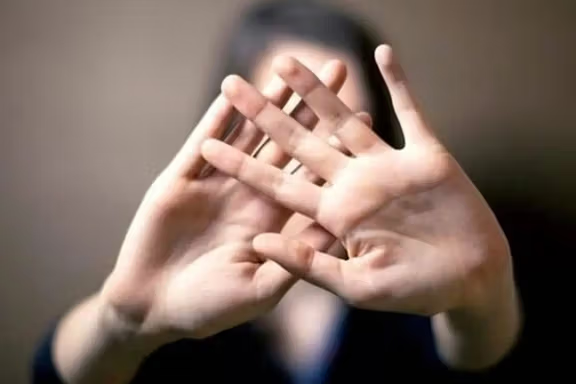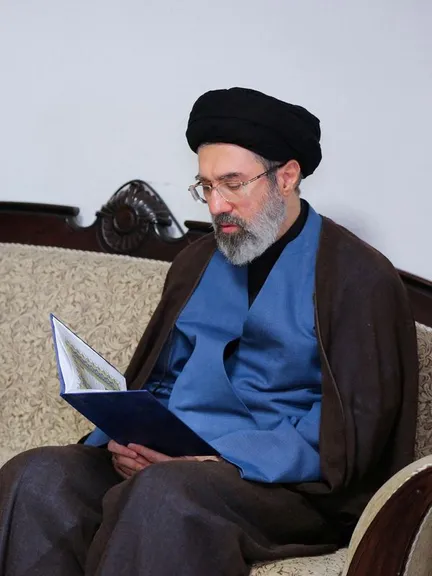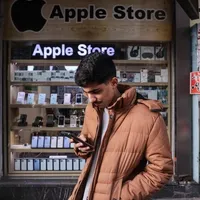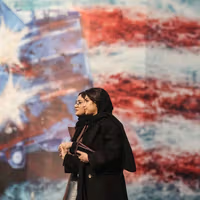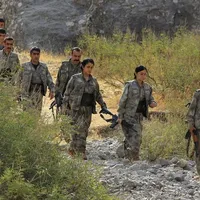In an interview with Iran's official news agency IRNA, Ryabkov asserted that the two neighbours had to stand “even closer” in the face of Western pressures.
"I don't believe we have any mistrust in our countries. I hope people who understand very difficult, challenging period which both of our countries are moving through," Ryabkove said.
"Russia is very prepared to do so in all areas, be it economy, be it finance, be practical cooperation on transportation, be it pacific use of nuclear energy."
The interview was conducted in Moscow at a time when in Tehran rival factions battle over Russia’s role in Iran's foreign policy and its alliance with the Islamic Republic.
Rift in Tehran
A short video widely circulated in Iran recently, in which former president Rouhani criticized UN sanctions from 2010 onward, noting that even Russia and China had supported them.
Rouhani's foreign minister, Mohammad Javad Zarif, also told a conference in Tehran that Russia did not want Iran to have normal relations with the rest of the world, yet did not wish for Iran to enter direct confrontation with other states either.
“I find it necessary to express my explicit criticism of the former president and foreign minister who, precisely as our strategic partnership with Russia is progressing, have damaged this path through their statements," Iran’s parliament speaker said on Sunday.
Ryabkov said Russia and Iran remain strong partners in the nuclear field and accused the United States and the European Union of using Tehran’s nuclear activities as a pretext for military threats and sanctions.
“This is to the detriment of international security and the overall prosperity of humankind,” Ryabkov said. “We strongly condemn this, and we stand hand in hand, shoulder to shoulder with Iran.”
Mounting pressure
Last month, UN sanctions were reimposed on Iran after France, Germany, and the United Kingdom triggered the so-called snapback mechanism, accusing Tehran of spurning diplomacy and nuclear inspections.
Russian Foreign Minister Sergey Lavrov said the snapback provision — which allows for the rapid reimposition of UN sanctions if Iran breaches the agreement — was “largely Zarif’s creation” and a “legal trap” for Tehran.
Tehran maintains that UN Resolution 2231, which endorsed the 2015 nuclear deal, has expired, ending all restrictions against the country.
Iranian officials have repeatedly said the country’s nuclear rights remain intact, accusing the United States and Europe of breaching the accord, while asserting that Russia and China support its position against Western efforts to reimpose UN sanctions.
Iran and Russia signed a 20-year strategic cooperation agreement in January, endorsed by Presidents Vladimir Putin and Masoud Pezeshkian. The treaty covers cooperation in defense, energy, transportation, finance, and cultural exchange.
